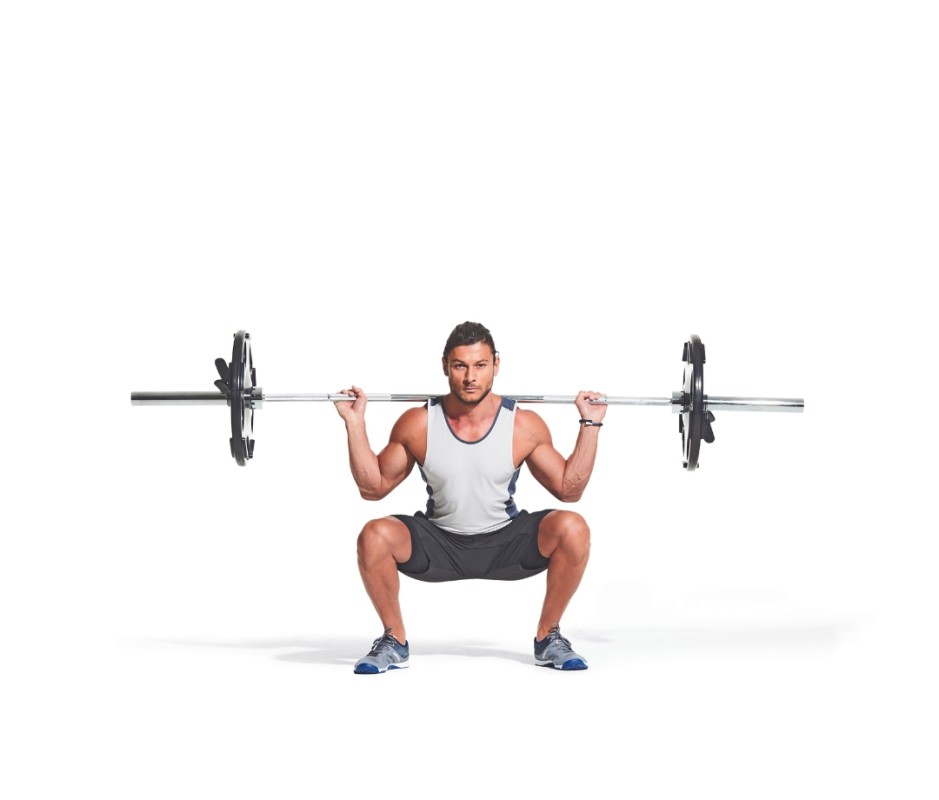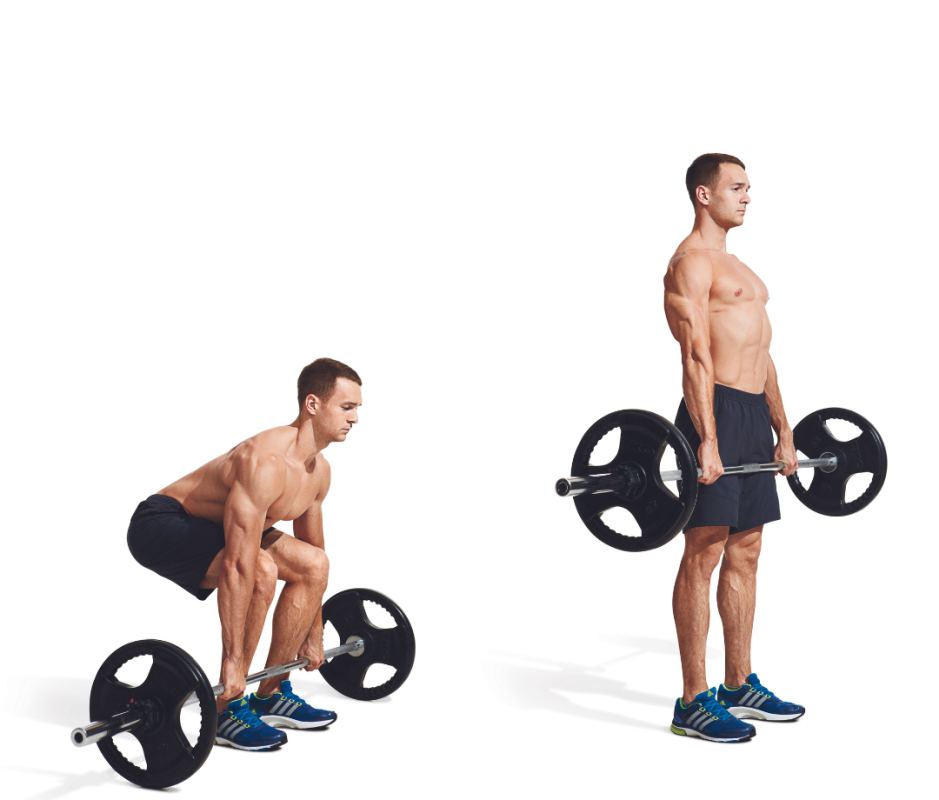When it comes to total body exercises that build muscle and power, no two staples get higher praise than the back squat and conventional deadlift. In tandem with other exercises, they're sure to strengthen your core and lower body.
So, when one of Team USA's top Olympic weightlifters, Wes Kitts, suggested the movements should be a key part of everyone's workout routine, we weren't exactly surprised.
"There's never a point in time in your life where you don't need to be able to squat," Kitts tells Men's Journal. "We need to be able to use our legs. We need that range of motion. It's just probably the most important movement—that and deadlift. We never stop needing to pick stuff up."
Kitts is no stranger to the power of back squats and deadlifts. He's an Olympic weightlifter after all, set to compete on Saturday, August 10 at the Paris Olympics.
But before he made his Olympic debut in Tokyo in 2021, placed 10th at the 2018 World Weightlifting Championships, and set a Pan American record in 2019, he was just your typical athlete playing t-ball as a child, hitting the gym with his bodybuilder dad, and playing football throughout high school and college. It wasn't until he participated in his first weightlifting competition after college and started CrossFit that he turned his favorite hobby into a job.
Since he started lifting professionally, Kitts traded in back squats and deadlifts for competition lifts like clean and jerks and snatches. But on his days off from being one of the top weightlifters in the world, he coaches clients at Be Somebody Gym in Knoxville, TN, and always adds squats and deadlifts to their programs.
So, take it from a pro lifter. Try these two compound movements alongside complimentary exercises and you'll have Olympic-sized legs and a rock-solid core in no time.
1. High Bar Back Squat

James Michelfelder
Why It's Effective
Regardless of your fitness level, back squats are one of the best ways to grow bigger, stronger legs. Unlike quad extensions and hamstring curls, which target singular muscle groups, high bar back squats require the majority of your lower-body muscles—glutes, quads, hamstrings, and calves—to work together. Not to mention, they're killer for gaining core strength and can even improve your posture and mobility.
How to Do It
- In a squat rack step under the barbell and place it high on your trap muscle across the top of your shoulders, to start.
- Place your hands a few inches outside shoulder-width to keep the bar stable.
- Step back and stand with your feet shoulder-width apart and toes turned slightly outward.
- Take a deep breath then bend your hips and knees to lower your body as if you were going to sit down in a chair.
- Aim for your butt to go lower than knee level while maintaining a tall, upright posture with your upper body.
- Extend your hips to come back up, continuing to push your knees outward.
- Perform 3 sets of 6 to 8 reps.
Related: The Best Compound Exercises to Gain Maximum Size and Strength
2. Conventional Deadlift

Beth Bischoff
Why It's Effective
No other exercise works the entirety of your body quite like the conventional deadlift. While research agrees that deadlifts are imperative for building power and muscle in your lower body, the benefits go far beyond just getting bigger legs. Deadlifts can also help you gain strength in your upper body, build a rock-solid lower back, and improve posture and grip strength.
How to Do It
- With a barbell in front of you, stand with your feet hip-width apart. Roll the barbell up to your shins, to start.
- Bend down to grasp it outside your knees.
- Keeping your lower back in its natural arch, push through your heels and extend your hips until you’re standing with the bar in front of your thighs.
- Make sure to keep the bar close to your body throughout the movement.
- Perform several warmup sets, increasing the weight gradually until you reach the heaviest load you can handle for 10 reps.
- From there, use the same weight and perform 3 sets of 6 to 8 reps with it.
from Men's Journal https://ift.tt/BofeO8a
No comments:
Post a Comment